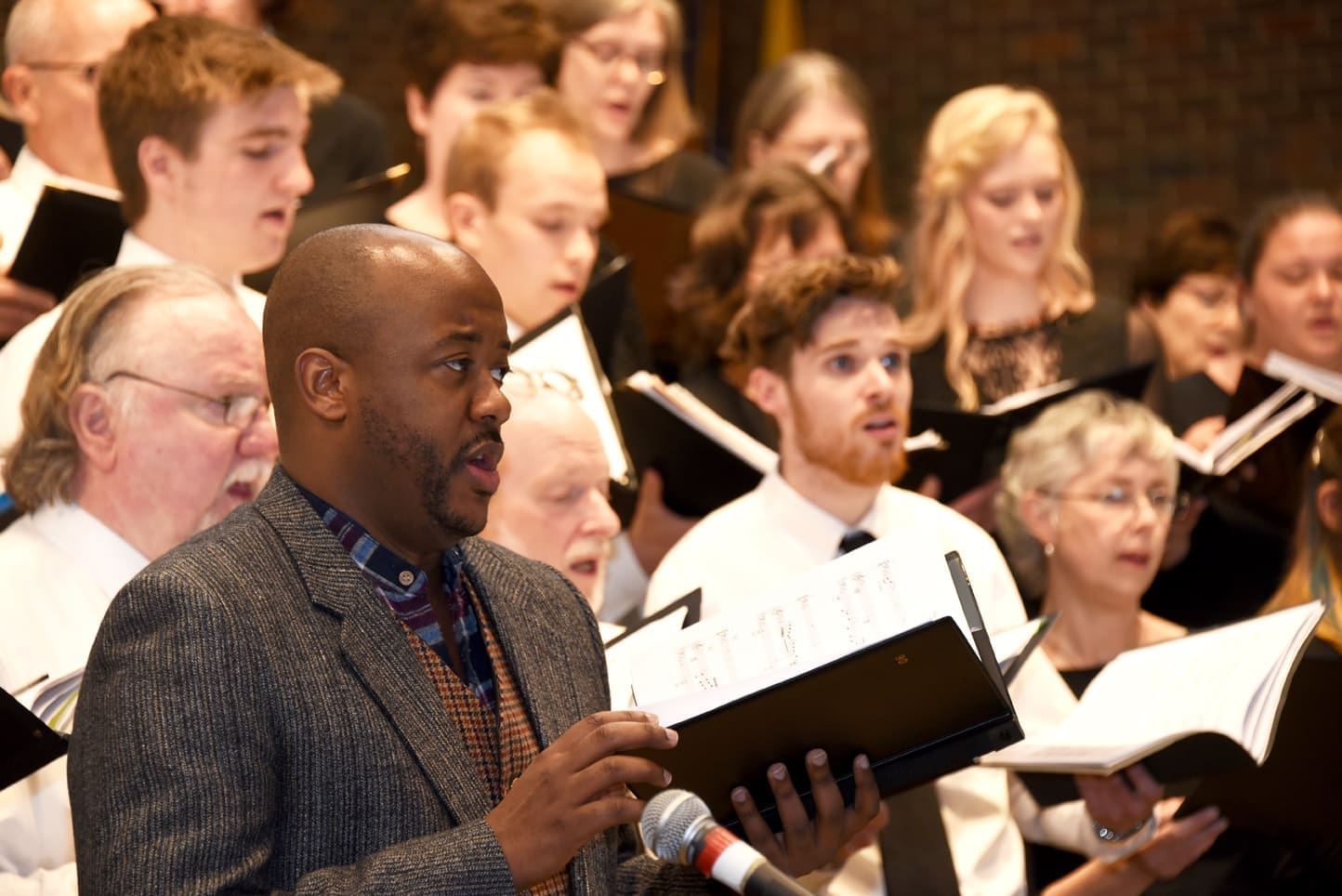Voting Rights Opera 2026 – Building on the Past
Big artistic projects – like Democracy – always take longer to come to fruition than we like. They both attempt to marry big ideas of what it means to be human within the history, the circumstances, the challenges, and the nuts and bolts opportunities each day.
Before COVID, my dear friend and artistic director Helen Demong and I painstakingly built the concept of a voting rights opera that tells the courageous story of pre-Civil War women, abolitionists, and just regular folks doing their part to make our democratic union a little “more perfect.” In the 1840s-50s, New York was a free state but it still clung to voter suppression laws that required black men to own 40 acres of property to be eligible to vote while white men had no such obstacle. Some big names in US history like John Brown and Frederick Douglass teamed up with some lesser known folks to tackle this problem. Since they didn’t have the political power to change the law in the NYS legislature, they decided to simply fulfill the law by giving away 120,000 acres of Adirondack land to about 3,000 black men and their families. These folks fought not only the harsh Adirondack wilderness but also racism, both individual and systemic, to build their farms and cast their votes.
I composed a bunch of music using texts from this heroic effort. Helen started a choir and has tested this music with audiences. With local singers and rising national opera stars like Jorell Williams, Eric McKeever, and Kearstin Piper Brown, our regional story became a national story. We gained steady support from funders like Cloudsplitter as well as many individual philanthropists. We landed a grant from the National Endowment of the Arts to create mini-documentaries and interviews about the ongoing development of the project. Make sure to check them out!
But like so much of our shared life experiences, COVID placed a pause on our goal to deliver a fully staged version of the opera. With COVID in the rearview mirror (for the most part), Helen and I are gearing up for a 2026 performance as part of our nation’s 250th anniversary of the Declaration of Independence. We are seeking partners to help us make that goal. Feel free to reach out to me if you would like to help.
The pause has allowed us to reflect further on the nuances of this fundamentally rural story of national importance. Our audiences repeatedly told us that they were fascinated by the two lead female characters. Mary Brown, wife of abolitionist John Brown and Anna Epps, wife of one of the most successful farmers of this project, one white and one black, yet both of them sacrificed their family’s health and safety, pushing back against a harsh wilderness and the headwinds of racial politics, knowing always that their hard work and sacrifice would only increase the right to vote for black men, not women of any color. So, as part of our plan for 2026, we are reworking the libretto and the musical score to highlight these two characters who gave up so much for their country while expecting little in return.
So, keep an eye on this project as it unfolds. We would love to have your support as we bring a quintessentially rural, American story to the stage.

